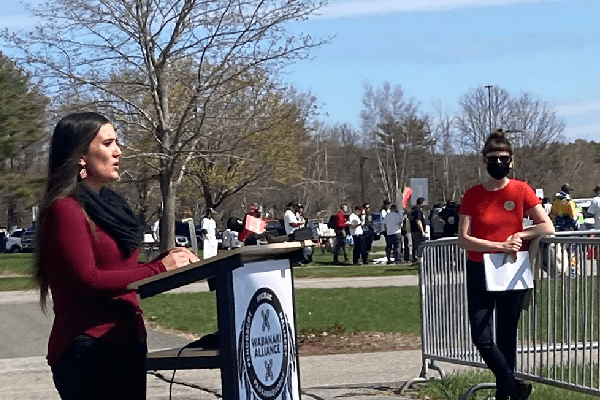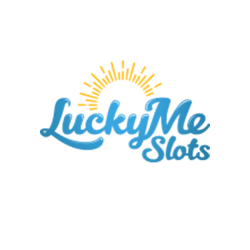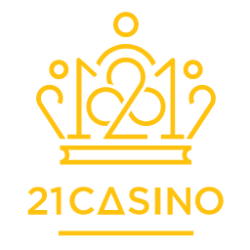If the Maine Legislature adopts the bill LD1777, the Wabanaki Nations will soon be able to offer internet gaming at its casinos.
Operating the internet casinos and sportsbooks in Maine:
The bill was presented by Laura Supica, one of the 20 Wabanaki members from the previous year.
A law titled An Act to Create Economic Opportunity for Wabanaki Nations Through Internet Gaming would eventually allow the tribes the sole rights to operate in the state after sportsbooks and internet casinos were legalised back in 2022, but the launch still didn't materialise. The four Indian tribes recognised by the federal government in Maine are known as the Wabanaki Nations.
Since no state has a similar deal with a tribe yet, if the law is enacted, the gaming landscape in Maine will fundamentally shift and diverge from that in other states.
a proposed law
Every federally recognised tribe, band, or other Indian country may only get one Internet game licence, as suggested by the law. For the Wabanaki Nations, this might imply that the country can get a single licence for all tribes, or even that each tribe can obtain a separate licence, which would include both sports betting and internet casinos.
The operators would split 30% of the money because nothing would change in terms of revenues. But occasionally, that figure might increase to 40%.
Only a small number of operators, though, would be able to collaborate with the tribes because many of them don't provide both online casino games and sports betting. However, the major bookmakers in the state, like Caesars, FanDuel, and DraftKings, provide both sorts of betting to its patrons.
As usual, the licence will cost $200,000 and will need to be renewed for another four years at the same price. Additionally, for $20,000, the Wabanaki Nations can purchase a one-year licence that allows them to begin operations while they wait for final permission.
Users will have the option to self-exclude from gambling, and all advertisements that appeal to children and those under 21 will be automatically disallowed.
Maine is a separate place:
The tribes' options are constrained since they aren't covered by the Indian Gaming Regulatory Act (IGRA), which is unique to Maine. They are required to build bingo halls rather than casinos since they are unable to conduct Class III gambling. For this reason, it is crucial to obtain permission to run online casinos, which are known to bring in huge sums of money.
The Maine Gambling Control Unit (MGCU), however, has some recommendations for the proposed bill that include a number of prohibitions and restrictions, including the distribution of flyers or other forms of in-person advertising for sportsbooks, the use of alcohol and tobacco in casino advertisements, as well as the use of professional or Olympic athletes and cartoon characters for advertising.
The Passamaquoddy Tribe and the American Gaming Association (AGA) disagree with MGCU.






